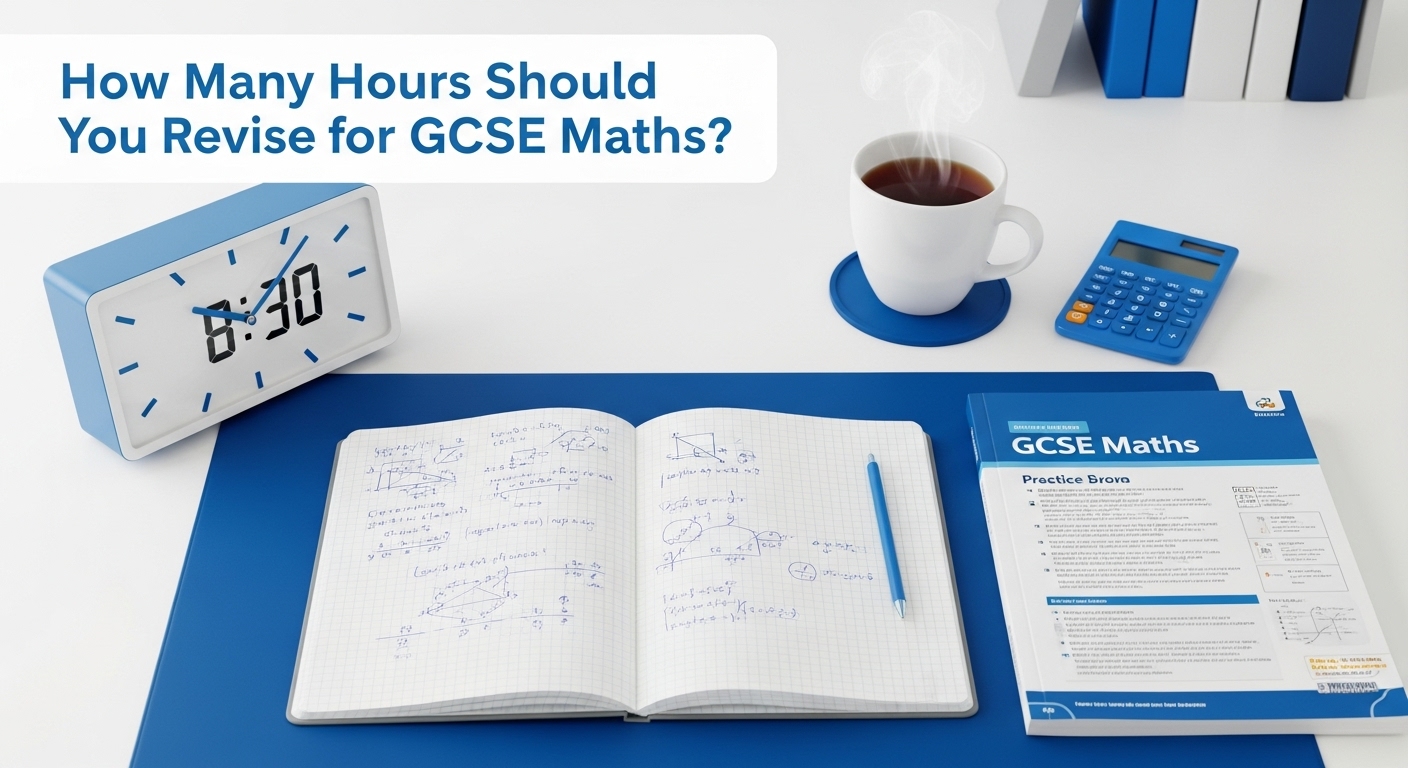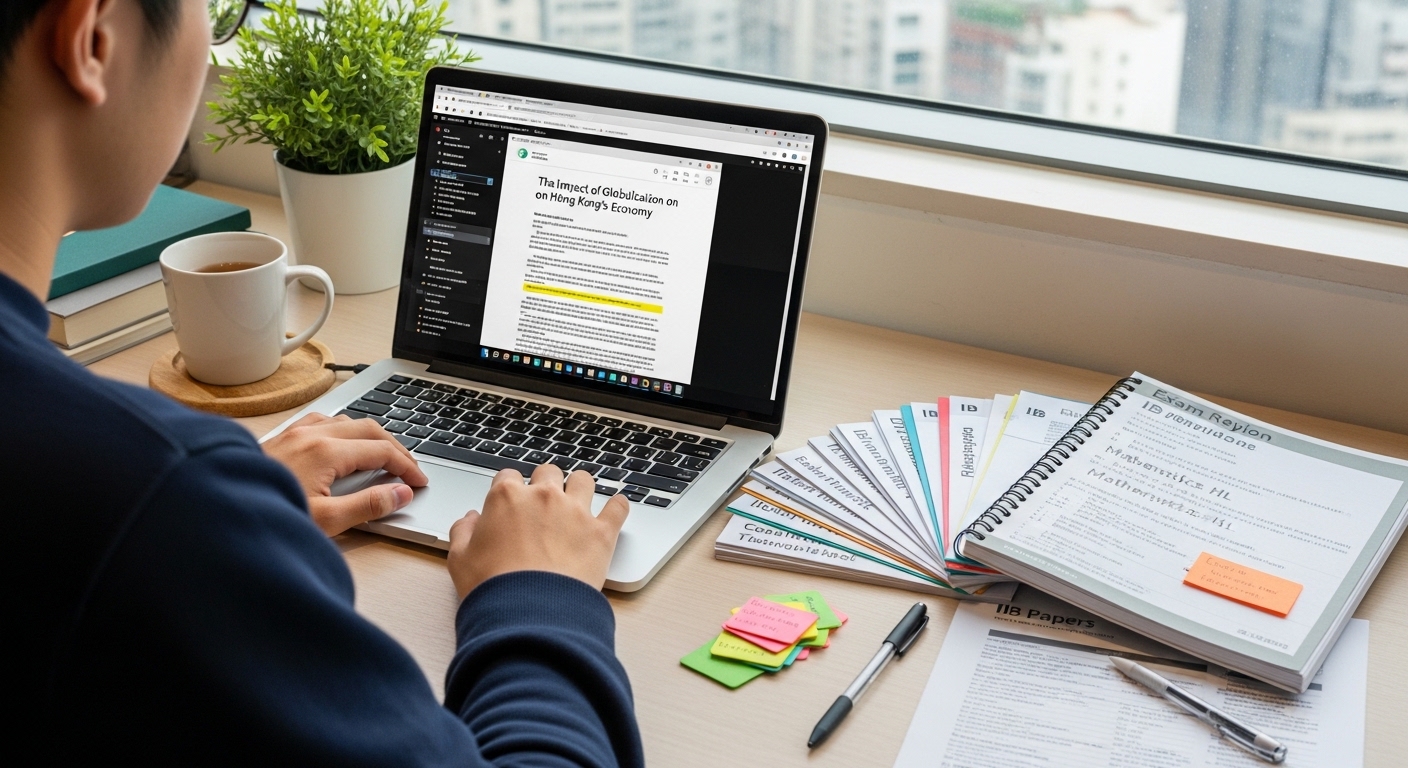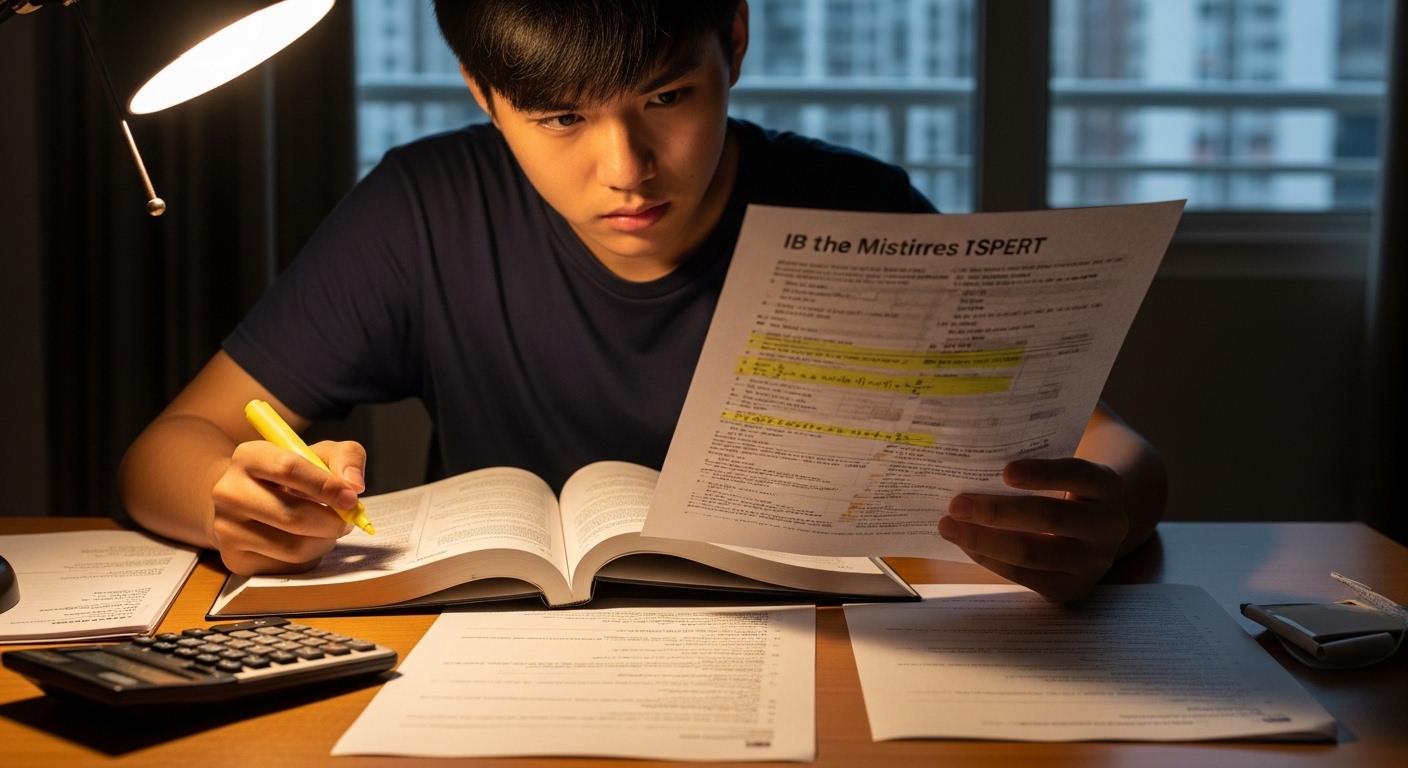Introduction
“How many hours should you revise for GCSE maths?” As exams approach, every student asks. Success depends not just on study hours, but on using them effectively.
In this guide, we’ll help you calculate the ideal GCSE maths revision hours, show how to schedule them smartly, and introduce Mathzem’s free GCSE maths resources — all aimed at supporting effective study and boosting your grades. Let’s start by looking at how to determine your ideal revision time.
Table of Contents
Understanding GCSE Maths Revision Hours
On average, most students need between 80 and 120 hours of revision to feel fully confident for their GCSE maths exam. This includes topic review, past paper practice, and mock exam simulations.
However, these numbers vary depending on your confidence level, target grade, and how early you start revising.
| Student Type | Recommended Hours | Notes |
|---|
| Struggling Student (Grade 3–4 target) | 120+ hours | More focus on fundamentals |
| Average Student (Grade 5–6 target) | 100 hours | Balanced topic coverage |
| Advanced Student (Grade 7–9 target) | 80 hours | More focus on problem-solving and exam techniques |
Factors That Affect How Long You Should Revise
Everyone’s revision journey is unique. Your ideal study hours depend on:
- Your starting point (current grade and understanding)
- Your target grade
- The time left before exams
- Study habits and focus levels
- Access to support resources (like Mathzem’s free courses and tutors)
If you’re aiming for a grade 7+, consistency and practice matter more than cramming.
Recommended Revision Hours by Grade Target
| Target Grade | Weekly Study Time | Total Hours Before Exam |
|---|
| Grade 4–5 | 6–8 hours per week | 120 hours |
| Grade 6–7 | 4–6 hours per week | 100 hours |
| Grade 8–9 | 3–5 hours per week | 80 hours |
Tip: Break your sessions into short, focused 45–60 minute blocks for maximum retention.
How to Break Down Revision Time Effectively
Instead of counting total hours, focus on topic-based goals:
- 40%: Core topics (number, algebra, geometry)
- 30%: Applied maths (graphs, probability, statistics)
- 20%: Exam technique and timing practice
- 10%: Review and reflection
This method ensures balanced progress across all areas tested in GCSE maths.
The 80/20 Rule in GCSE Maths Revision
The Pareto Principle (80/20 rule) suggests that 80% of exam marks come from 20% of topics. For GCSE maths, those key topics often include:
- Algebraic manipulation
- Ratio and proportion
- Geometry and measures
- Graphs and coordinates
Dedicate more revision time to these high-yield areas to maximize your study efficiency.
How to Identify Weak Areas
Start by taking a free diagnostic quiz or past paper on Mathzem. This instantly reveals your strongest and weakest topics. Then, allocate 60% of your study time to improving weak spots.
Mathzem’s analytics even show which question types you repeatedly miss — helping you use your GCSE maths revision hours more efficiently.
How Many Hours to Revise Per Day
During term time:
1–2 hours per day (4–5 days per week) is ideal.
During the final month before exams:
3–4 hours per day, split into 2–3 sessions with breaks.
Quality always beats quantity — a shorter, focused study is far more effective than long, distracted sessions.
Example GCSE Maths Revision Schedule
| Day | Focus | Duration |
|---|
| Monday | Algebra + Graphs | 2 hours |
| Tuesday | Geometry + Formula Practice | 1.5 hours |
| Wednesday | Past Paper Practice | 2 hours |
| Thursday | Probability & Statistics | 1.5 hours |
| Friday | Weak Topic Review | 1 hour |
| Saturday | Mock Paper (Timed) | 1.5 hours |
| Sunday | Rest or light recap | — |
Following this routine for 6–8 weeks can promote steady improvement.
How to Avoid Burnout During Revision
Even the best students burn out if they overdo it. Prevent fatigue by:
- Take short breaks every 50 minutes.
- Getting enough sleep (7–8 hours).
- Mixing in physical activity or mindfulness.
- Avoiding all-nighters — consistency beats cramming every time.
Quality vs Quantity of Study
Some students study for 3 hours but only stay focused for 30 minutes.
Others study for 1 hour but stay fully engaged.
Focused learning > endless hours.
Use active recall, spaced repetition, and Mathzem’s interactive quizzes to make each hour count.
Best Time of Day to Revise for Maths
Research shows that the best time to study maths is when your brain is most alert — usually morning (8 AM–11 AM) or early evening (6 PM–8 PM).
Avoid late-night studying unless you’re a true night owl.
Common Mistakes in Planning Revision Hours
- Setting unrealistic daily targets
- Ignoring weak topics
- Studying for long stretches without breaks
- Focusing only on watching videos instead of solving problems
Avoid these mistakes by tracking your time and practising daily using Mathzem’s guided revision tools.
How Mathzem Helps You Manage GCSE Maths Revision Hours
At Mathzem, we understand that planning your study time can be stressful. That’s why we offer:
- Free GCSE maths courses tailored to your target grade
- Smart revision planners that track your study hours
- Interactive past papers with instant feedback
- AI-powered topic quizzes to make each hour productive
Mathzem helps you study smarter, saving hours and boosting results.
Get Mathzem Free Resources
Ready to maximise your revision efforts and boost your GCSE maths performance with Mathzem?
Visit Mathzem.com now to access free GCSE maths courses, revision planners, and topic quizzes designed to help you succeed.
Start Your Free GCSE Maths Revision Today
FAQs About GCSE Maths Revision Hours
How many total hours should I study for GCSE maths?
Between 80 and 120 hours, depending on your starting point and target grade.
How many hours should I study per week?
4–8 hours weekly supports steady progress.
Is 2 hours of revision a day enough?
Yes, if you stay focused and solve problems actively.
Can I revise too much?
Yes. Overdoing it causes burnout and hurts performance.
When should I start revising?
Begin 10–12 weeks before your exam.
What’s the best resource to track study hours?
Mathzem’s free planner and quizzes track your revision.
Conclusion
Your GCSE maths revision hours don’t just determine your success — your strategy does. By planning your time wisely, focusing on key topics, and using Mathzem’s free revision tools, you can prepare efficiently and confidently.
Remember: it’s not about studying harder, it’s about studying smarter. Let Mathzem guide you every step of the way.






